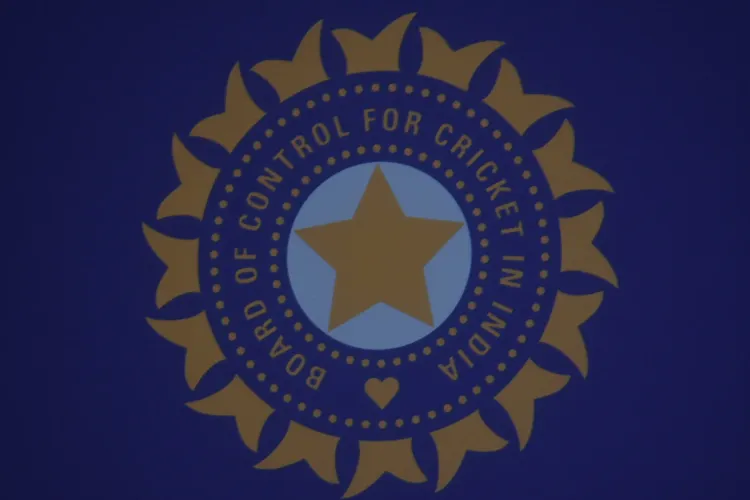Will BCCI be governed by the National Sports Governance Bill 2025?

Synopsis
Key Takeaways
- BCCI will fall under the National Sports Governance Bill 2025.
- Mandatory compliance for all sports federations.
- Potential leadership changes within the BCCI.
- Focus on athlete welfare and ethical governance.
- Establishment of grievance redressal mechanisms.
New Delhi, July 22 (NationPress) The Board of Control for Cricket in India (BCCI) is set to fall under the National Sports Governance Bill 2025, which is slated for presentation during the current monsoon session of Parliament, according to ministry sources shared with IANS on Tuesday.
This legislation will mandate that all sports federations, including the BCCI, comply with the NSP, as confirmed by sources in the sports ministry. Notably, the BCCI has been the only major sports organization not previously governed by government regulations.
Furthermore, this raises uncertainties regarding the future of BCCI President Roger Binny. The BCCI's constitution permits office bearers to serve until the age of 70; Binny, a 1983 World Cup champion, celebrated his 70th birthday on July 19. With the Annual General Meeting approaching in September, it remains to be seen whether he will maintain his position or if senior vice-president Rajeev Shukla will take over.
The bill, which has been under development since October 2024, aims to foster the growth and promotion of sports, implement welfare measures for athletes, and promote ethical standards in sports through effective governance practices.
Additionally, it will establish institutional frameworks and prudent standards for the governance of sports federations, grounded in fundamental principles of good governance, ethics, and fair play as outlined in the Olympic Charter, Paralympic Charter, and international best practices.
Moreover, the bill intends to create strategies for resolving sports-related grievances and disputes in an integrated, fair, and effective manner.
Among its objectives, the Bill aims to address ten critical issues through the NSP:
- Opaque Governance in National Sports Federations (NSFs): Enhances transparency and accountability in decision-making.
- Lack of Athlete Representation in Governance: Requires athlete involvement through Athlete Committees and representation of Sportspersons of Outstanding Merit (SOM).
- Frequent Litigation Over NSF Elections: Introduces transparent electoral guidelines and dispute resolution processes to reduce litigation.
- Unfair or Non-transparent Athlete Selection: Standardizes selection criteria and mandates publicizing trials and results to ensure merit-based selection.
- Harassment and Unsafe Sporting Environments: Requires Safe Sport mechanisms, compliance with POSH, and independent complaint committees.
- Lack of Grievance Redressal Channels: Implements dedicated, timely grievance redressal systems for athletes, coaches, and stakeholders.
- Long Legal Delays Damaging Athletes’ Careers: Introduces fast-track arbitration systems for swift dispute resolution.
- Age Manipulation and Doping: Enforces stringent verification processes, biometric systems, and anti-doping compliance as legal mandates.
- Conflict of Interest Among Officials: Clearly defines and enforces rules regarding conflicts of interest.
- No Uniform Code for NSFs and IOA: Unifies all sports bodies under a consistent governance code and eligibility criteria.










